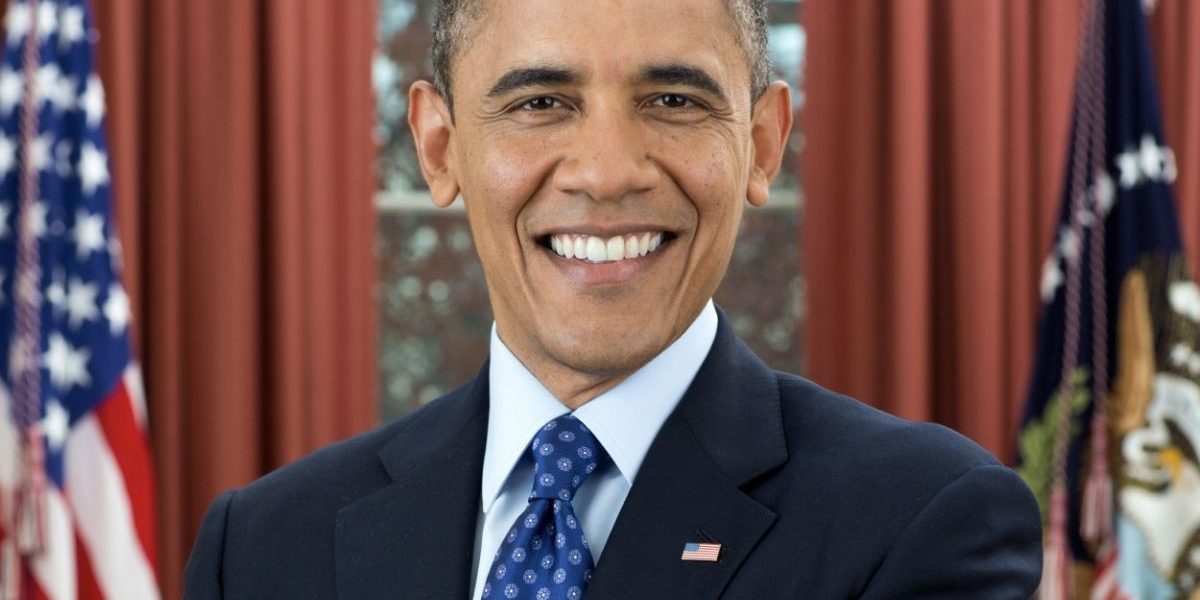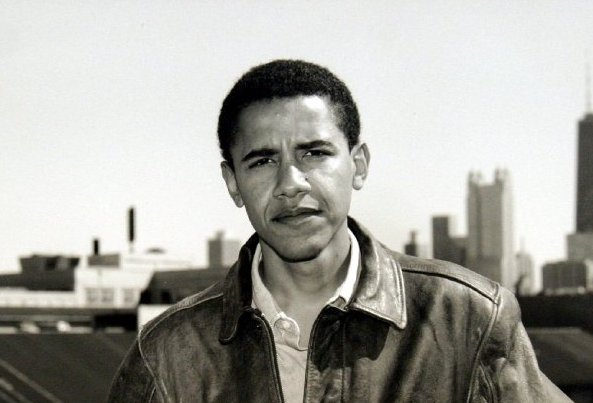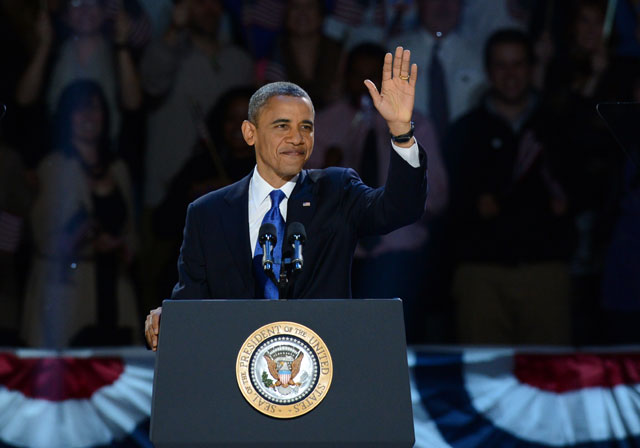America’s first black president Barack Obama’s early life and political journey

Barack Obama Early Life

Barak Hussein Obama was born on August 4, 1961, in Hawaii. His parents met at Hawaii University were Ann Dunham, a white American from Kansas, and Barack Obama Sr, a black Kenyan. Obama’s dad left the family when Obama was two and after additional examinations at Harvard University, got back to Kenya, where he passed in an auto collision nineteen years after the fact. After his folks separated, Obama’s mom wedded one student at the University of Hawaii, Lolo Soetoro of Indonesia. From age six to ten, Obama lived with his mom and stepfather in Indonesia, where he went to Catholic and Muslim schools.
Worried about his schooling, Obama’s mom sent him back to Hawaii to live with her folks, Stanley and Madelyn Dunham, and to go to Hawaii’s esteemed Punahou School from 5th grade through graduation from secondary school. While Obama was in school, his mom separated from Soetoro, got back to Hawaii to contemplate social humanities at the college, and afterward returned to Indonesia to do field research. Living with his grandparents, Obama was a decent however not extraordinary understudy at Punahou. He played varsity b-ball and, as he later conceded, “fiddled with medications and liquor,” including weed and cocaine. Concerning religion, Obama later composed, because his folks and grandparents were nonbelievers, “I was not brought up in a strict family.”
Obama left Hawaii and enlisted first at Occidental College in Los Angeles for his green bean and sophomore years, and afterward at Columbia University in New York City. He read profoundly and broadly about political and foreign relations, moving on from Columbia with a political theory major in 1983. (A film rendition of his Columbia years, Barry, was delivered in 2016.) After going through an extra year in New York as an analyst with Business International Group, a worldwide business counseling firm, Obama acknowledged a proposal to function as a local area coordinator in Chicago’s to a great extent poor and dark South Side. As biographer David Mendell notes in his 2007 book, Obama: From Promise to Power, the work gave Obama “his initial profound submersion into the African American people group he had yearned to both comprehend and have a place with.”

Obama’s principal task as a coordinator was to dispatch the congregation subsidized Developing Communities Project and, specifically, to put together occupants of Altgeld Gardens to pressure Chicago’s city lobby to improve conditions in the ineffectively kept up open lodging project. His endeavors met with some achievement, however, he presumed that, confronted with a perplexing city organization, “I can’t complete things here without a law degree.”
In 1988, Obama enlisted at Harvard Law School, where he dominated as an understudy, graduating magna cum laude and winning the political race as leader of the esteemed Harvard Law Review for the scholarly year 1990-1991. Even though Obama was a liberal, he won the political race by convincing the diary’s dwarfed moderate staff members that he would treat their perspectives decently, which he is broadly recognized to have done. As the African American president in the long history of the law survey, Obama drew boundless media consideration and an agreement from Random House to compose a book about race relations. The book, Dreams from My Father: A Story of Race and Inheritance (1995), ended up being generally an individual diary, zeroing in specifically on his battle to deal with his way of life as a person of color brought by whites up without his African dad.

Throughout a late spring temporary position at Chicago’s Sidley and Austin law office after his first year at Harvard, Obama met Michelle Robinson, a South Side local and Princeton University and Harvard Law School graduate who regulated his work at the firm. He charmed her passionately (as memorialized in another 2016 film, Southside with You), and following a four-year relationship they wedded in 1992. The Obamas got comfortable with Chicago’s racially coordinated, working-class Hyde Park area, where their first little girl, Malia Ann, was brought into the world in 1998 and their subsequent girl, Natasha (called Sasha), was brought into the world in 2001.

Barack Obama Political Journey

In the wake of co-ordinating Illinois Project Vote, a citizen enrollment drive pointed toward expanding dark turnout in the 1992 political decision, Obama acknowledged situations as a lawyer with Miner, Barnhill, and Galland’s social equality law office a speaker at the University of Chicago Law School. He dispatched his first mission for political office in 1996 after his locale’s state representative, Alice Palmer, chosen to run for Congress. With Palmer’s help, Obama declared his office to supplant her in the Illinois lawmaking body. At the point when Palmer’s legislative mission floundered, she chose to run for re-appointment all things considered. However, Obama wouldn’t pull out from the race, effectively tested the legitimacy of Palmer’s elector petitions, and was effortlessly chosen after her name was kept off the polling form.
Obama’s time in the governing body at first was disappointing. Conservatives controlled the state senate, and a significant number of his dark Democratic partners despised the hardball strategies he had utilized against Palmer. Yet, he adjusted, creating heartfelt individual relations with administrators of the two players and developing Senate Democratic pioneer Emil Jones Jr., another African American representative from Chicago, as a tutor. Obama had the option to get crusade money change and wrongdoing enactment ordered in any event, when his gathering was in the minority, and after 2002, when the Democrats won control of the Senate, he turned into the main administrator on a wide scope of issues, passing almost 300 bills pointed toward aiding youngsters, elderly folks individuals, trade guilds, and poor people.
Obama’s one genuine slip up during his initial political vocation (he later called it “a poorly thought about race” wherein he got “punished” by the electors) was a 2000 Democratic essential test to US Representative Bobby Rush. The surge was a previous Illinois Black Panther pioneer who thusly entered standard governmental issues as a Chicago representative and was chosen for Congress from the South Side’s first legislative locale in 1992. Obama was not close to known as the famous Rush, and the blend of his surprising childhood and his relationship with transcendently white world-class colleges, for example, Columbia, Harvard, and Chicago stirred questions about his genuineness as an individual of color among the area’s overwhelmingly African American citizens. Obama endured what he marked “a drubbing,” losing to Rush by a 30-rate point edge. Surge stayed in the House; he was reappointed to his thirteenth continuous term in 2016.
Getting back to the state senate, Obama started peering toward a 2004 race for the US Senate seat held by Peter Fitzgerald, a disagreeable initial term Republican who chose not to run for re-appointment. In October 2002, as Congress was thinking about a goal approving President George W. Bramble to dispatch a conflict to dismiss the Iraqi tyrant Saddam Hussein, Obama talked at an antiwar rally in Chicago. “I don’t go against all conflicts,” he proclaimed. “What I am against is an idiotic conflict. What I am against is a rash conflict.” By standing in opposition to Bush’s conflict arrangements, Oheput himself aside from the other driving contender for the Democratic Senate designation, just as fast Senate Democrats with official aspirations, including Hillary Rodham Clinton of New York, John Kerry of Massachusetts, and John Edwards of North Carolina. Obama’s at first disliked antiwar position ultimately worked for his political potential benefit as the conflict turned out to be progressively disagreeable with the progression of time.
Prompted by political expert David Axelrod, who had a solid record of assisting dark competitors with succeeding larger part white electorates, Obama amassed an alliance of African Americans and white dissidents to win the Democratic Senate essential with 53% of the vote, more than every one of the five of his adversaries joined. He at that point pushed toward the political focus to wage his overall political race against the Republican chosen one Jack Ryan, an appealing competitor who, after making a huge number of dollars as a financial backer, had left the business world to educate in a downtown Chicago school. Be that as it may, Ryan had to exit the race when outrageous insights concerning his separation were unveiled, and Obama drifted to a simple triumph against Ryan’s substitution on the polling form, dark traditionalist Republican Alan Keyes. Obama won by the biggest edge throughout the entire existence of Senate decisions in Illinois, 70% to 27 percent.

Notwithstanding his political decision, the other feature of 2004 for Obama was his uncontrollably fruitful feature address at the Democratic National Convention. “There’s not a liberal America and a traditionalist America,” he proclaimed. “There’s the United States of America. There’s not a dark America and white America and Latino America and Asian America. There’s the United States of America.” Obama embodied his discourse’s topics of idealism and solidarity with the expression, “the daringness of expectation,” which he acquired from Reverend Jeremiah Wright. Wright was the minister of Chicago’s Trinity United Church of Christ, a huge and compelling dark assemblage where Obama was submerged when he turned into a Christian in 1988. Obama additionally utilized the expression as the title of his subsequent book, The Audacity of Hope: Thoughts on Reclaiming the American Dream (2006), which turned into a public hit in the wake of his newly discovered public notoriety. Portraying his strict transformation, Obama stated, “I felt God’s soul enticing me. I submitted myself to His will, and devoted myself to finding His fact.”
Presidency of Barack Obama
The administration of Barack Obama started around early afternoon EST (17:00 UTC) on January 20, 2009, when Barack Obama was introduced as the 44th leader of the United States’ 44th leader and finished on January 20, 2017. Obama, a Democrat from Illinois, took office following a definitive triumph over Republican candidate John McCain in the 2008 official political race. After four years, in the 2012 official political race, he crushed Republican candidate Mitt Romney to win re-appointment. Obama was prevailing by Republican Donald Trump, who won the 2016 official political decision. He was the first African American president, the first multiracial president, the principal non-white president, and the primary president to have been brought into the world in Hawaii.




